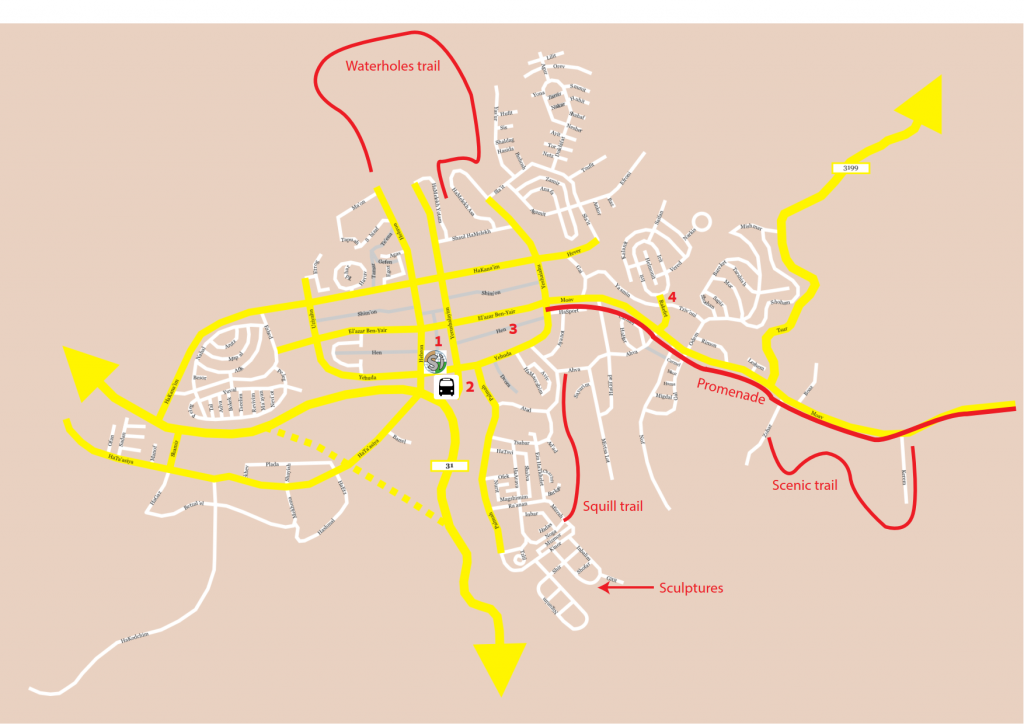The year 2020 has brought us a new project on the ecosystem services of urban trees that examines the interaction between humans and trees in the cities under climate change. The project is granted by the DFG – Near-East Cooperation and has officially started on 1.1.2020 for 3 years of research (until the end of 2022).
Trees provide ecosystem services such as heat and cold stress mitigation, shading, evaporative cooling, carbon fixation and soil improvement. In the project, trees will be studied in cities in Southern Germany and the Middle East. The study will be conducted by researchers from the Technical University of Munich (TUM), Dead Sea and Arava Science Center (DSASC) and other Middle Eastern partners.
The CUT project (Impact of trees on the urban microclimate under climate change), aims to understand the regulating services of urban trees on the urban microclimate and the influence of the urban climate on the growth and functions of urban trees across different climate regions. The work program is comprised of working packages that integrate in-situ measurements using GIS and LiDAR techniques, data analysis and modeling. The data for the analysis will be gathered from transect measurements of chosen trees in the studied cities for estimating the effects of environmental and climatic conditions. Furthermore, Tree Labs experiments will be conducted in streets and parks to estimate the effects of the studied trees species on the urban microclimate.
On the 21st to 23rd of January, the Kick-off meeting and the first workshop of the project was held in the TUM School of Life Sciences in Freising near Munich Germany. Attending the workshop were all the participants from the research institutes involved in the project:
- From DSASC, Israel:
Dr. Gidon Winters (Trees measurements and growth pattern analysis), Dr. Elli Groner (Ecosystem services), Dr. Aviva Peeters (GIS and LiDAR, CEO of TerraVision Lab), Dr. Limor Shashua-Bar (Microclimate tree labs experiment and modeling).
- From TUM, Germany:
Chair of Forest Growth and Yield Science: Prof. Dr. Dr. Hans Pretzsch (Head of the chair team), Prof. Dr. Thomas Rötzer (Tree growth experiment and modeling); Dr. Astrid Reischl (Project management and measurements);
Chair for Strategic Landscape Planning and Management: Prof. Dr. Stephan Pauleit (Head of the chair team), Dr. Mohammad Asrafur Rahman (Tree labs experiments), together with research assistants in the project.
- From the Middle East:
Representatives of the Middle East research teams.
- From the University of Sao Paolo, Brazil
Dr. Julia Leite-Rodrigues (associated project) to expand the climate gradient for the tree labs by a subtropical city
In the workshop, we discussed the desired form of the work packages, protocols, instrumentation, site selection, studied trees species and the writing articles together with the Middle Eastern partners. In addition, we had a tour of the Tree Laboratory in the Kranzberger forest for demonstrating the use of various measuring instrumentations and techniques, and a visit to the Tree Labs to be investigated in Munich, which yielded important insights and inspiration for establishing similar Tree Labs in Beer-Sheva city for the purpose of the project.
Pictures from the tour:

Thomas explaining on an on-going research of TUM in Kranzberger forest









